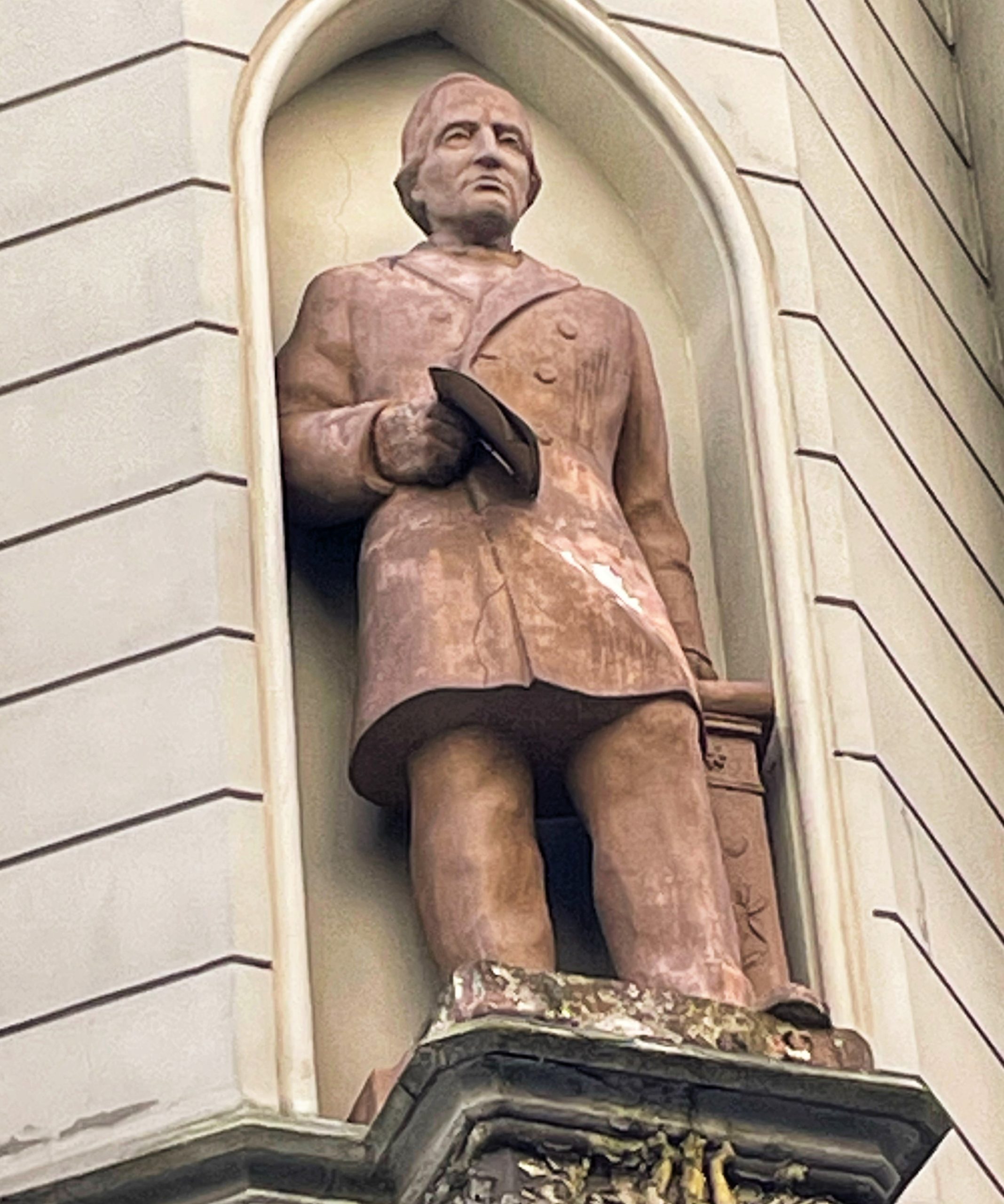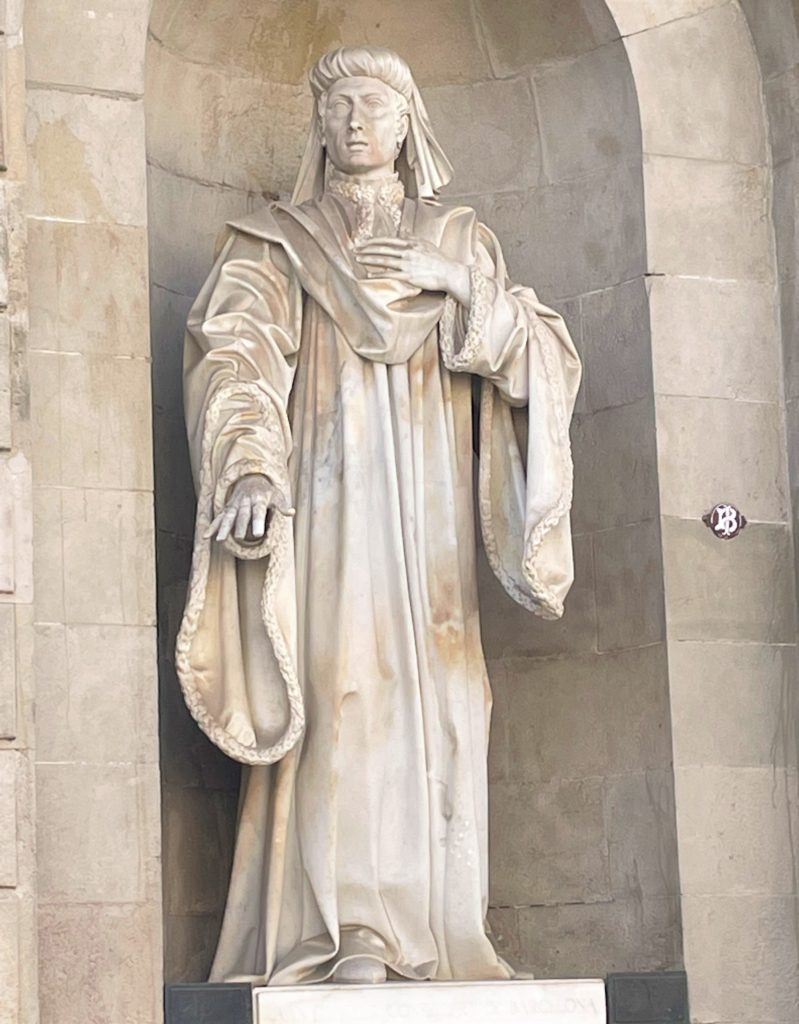Florida Executor

A Florida executor has a lot of duties to her beneficiaries. And, let’s face it, estate beneficiaries should expect a lot from someone serving in that position. Here is the skinny and truth revealed about what being one is all about.

Who would want this job?
What does a Florida executor do? Here’s a list:
- Think of one as a trustee
- Because she has a lot of duties
- Identify all of the decedent’s assets and just debts
- Marshall, or gather, all of the decedent’s assets and pay off only the just debts
- That’s right, you gotta deal with creditors!
- Pay the decedent’s US Federal Income Taxes
- That’s right: you gotta hire a CPA
- In Florida, a personal representative must be represented by an attorney
- Pay all the estate expenses and administration costs
- Distribute what’s left to the beneficiaries and
- Close the estate!
Who can be the Florida executor?
Felons cannot be an executor!
There are other restrictions on who can, and can’t, be, the executor
Oh, by the way, in Florida, we call the executor the Personal Representative.
To learn more about what the job entails, consider reading the Probate Code and the Probate Rules.
Oh yea: try not get sued. Where personal reps can get into trouble is when they run the estate in secret and keep their beneficiaries in the dark. I mean, never mind probate fraud and too much compensation and taking years to run the estate.
Hire the best.
After all, the executor is not paying for lawyers, advisors or CPAs. No executor is required to dip into their pocket to fund the estate. Those services providers and all expenses get paid from estate funds and assets. Not enough cash? That’s OK. Estates sell assets all the time.